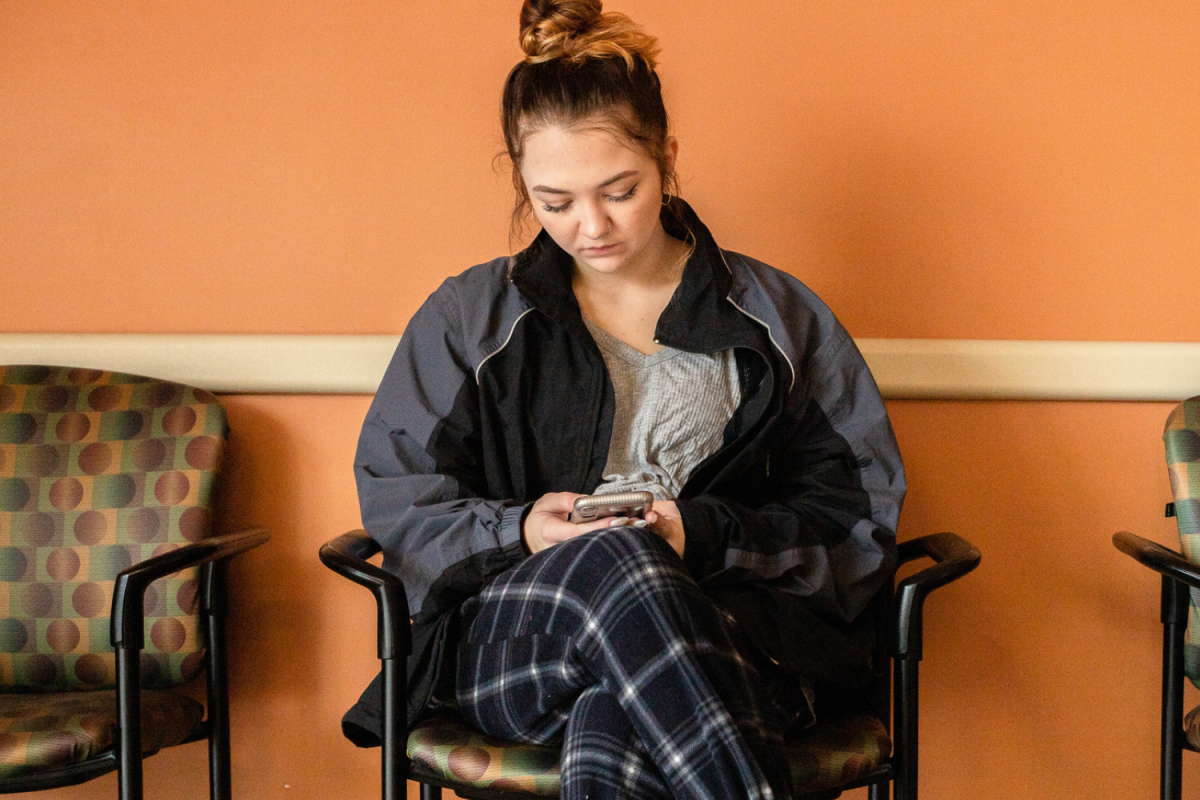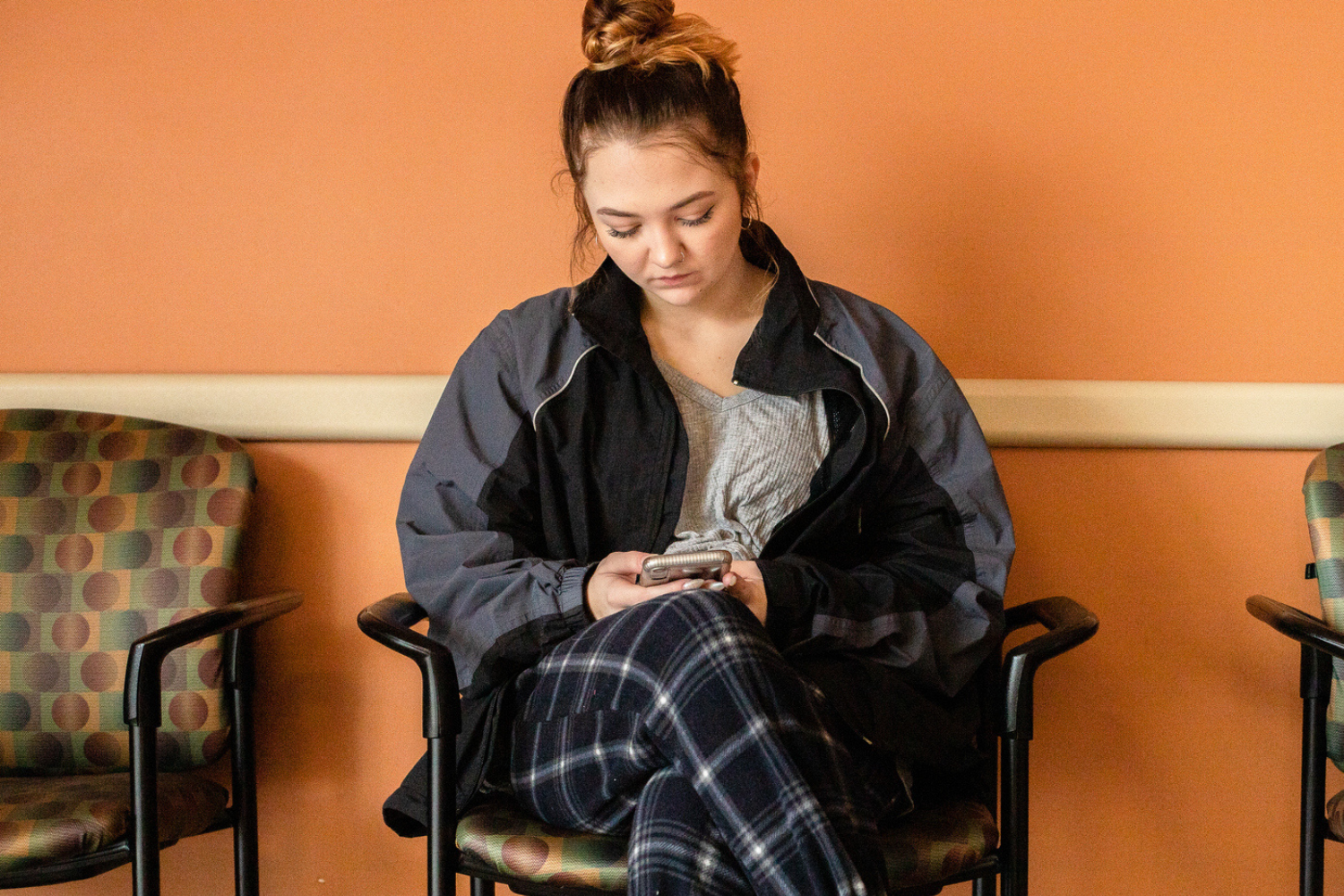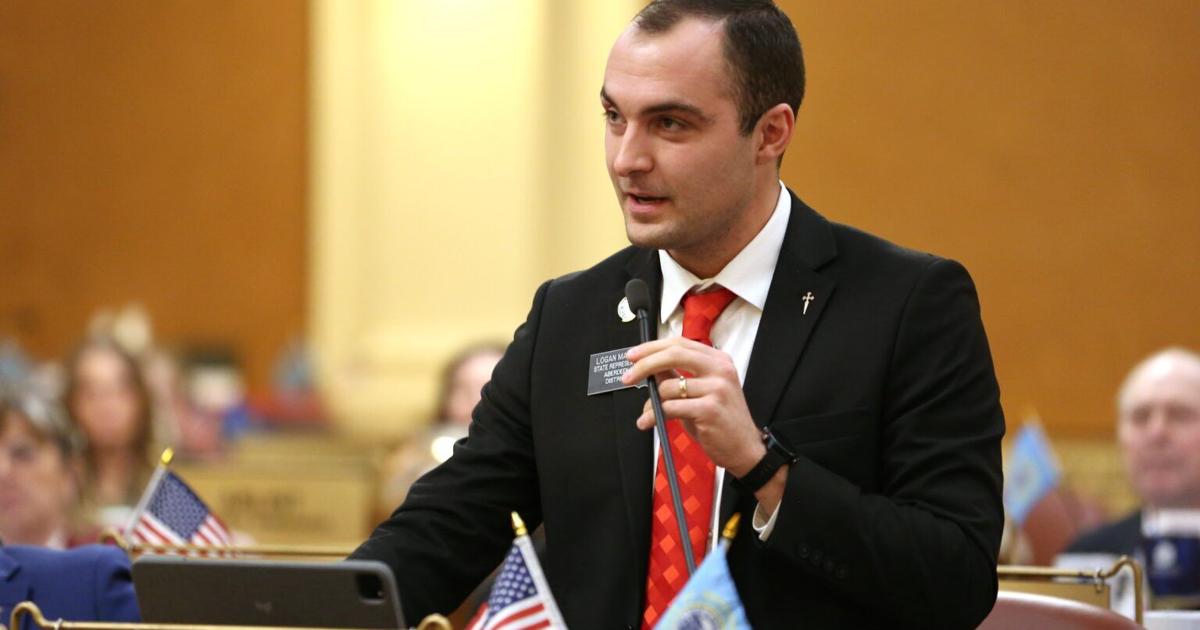Nearly half of young adults (45 percent) value the medical advice of friends and family over that of actual doctors—and 38 percent trust social media over a real physician.
This is the finding of a global survey by communications firm Edelman, which asked respondents aged 18 to 34 (encompassing Gen Z and young millennials) from 16 countries about their trust in doctors.
Medicine meets the algorithm
It is not unusual for teenagers to question authority, but the growth of social media appear to have seen mistrust in traditional medical professionals go further—prompting young people to consult the internet before their doctor.
Dr. Charles Carlsen who is currently Chief Technology Officer at DRSONO Medical told Newsweek: “As a doctor, I have completely witnessed more young people go to TikTok and group chats than ever grab the phone and call a doctor. The Edelman survey substantiates what we see at the clinics: nearly half of Gen Z prioritizes health advice from influencers and peers over docs.”
A third of Gen Z say they are already acting on influencer advice, with 33 percent reporting they have let a content creator with no medical training influence a personal health decision. Gen Z are also twice as likely as older adults to let people without formal medical credentials influence their health decisions.
“Many younger patients arrive having already formed strong opinions based on what they’ve seen online, especially on platforms like TikTok or Instagram, so this is not surprising,” Dr Olalekan Otulana, a general practitioner at Cassiobury Court in the U.K. told Newsweek.
A cursory scroll through TikTok reveals how medical information is being shared across social media. While some doctors are working to build a presence, many videos share personal experiences, diagnoses, and medical advice—often without any professional credentials. The hashtag #medicaladvice has over 39,000 posts, while #healthtok boasts more than 153,000.
This growing preference for peer-sourced advice reflects more than convenience—it signals a deeper erosion of trust in medical institutions.
According to Edelman’s survey, nearly half of younger adults believe that someone who researches a condition online can understand it as well as a doctor.
While doctors remain the most trusted voice overall, the gap is narrowing among Gen Z, who place increasing faith in influencers, creators and people with “lived experience” over traditional credentials.

Elan Irving/Getty Images
The pitfalls of Dr. TikTok
Anecdotal cases of diagnosis-via-TikTok prove that it does have its merits. Earlier this year a 19-year-old college student was prompted to visit a doctor after a TikTok video revealed a bump on his neck—which turned out to be cancer.
Mental health is another area where TikTok appears to play a growing role. Doctors report more young people are seeking ADHD or Autism Spectrum Disorder diagnoses after being exposed to social media content.
A 2024 waitlist survey by Healthwatch Wirral U.K. reported that “I recently heard about ADHD/ASD through the media (incl. TikTok)” was the second–most common reason cited for seeking a referral. Meanwhile, a 2024 poll by Ohio State Wexner Medical Center found that 25 percent of adults polled said social-media videos (largely TikTok) made them suspect they have undiagnosed ADHD, though only 13 percent had raised the concern with a doctor.
But for doctors, the increase in those seeking medical advice via social media is a concern.
“Frankly, it’s a public health issue. As much as peer support and online bulletin boards are useful, they are not substitutes for evidence-based medicine,” Dr. Carlsen said.
“I have had patients delay treatment for serious diseases because ‘someone online said it was normal,’ and they wind up weeks later in the ER.
“Misinformation spreads fast—and can have serious consequences, such as perilous self-diagnosis, missed shots, or drug misuse.”
For doctors, the takeaway is be less about combating TikTok—and more about meeting patients where they are, while warning about the dangers of trusting the internet above professionals.
“It’s necessary to earn the credibility of younger patients by going to them, by listening, and by assisting them to think critically and separate fact from fantasy,” Dr. Carlsen said.
He concluded:”Medicine isn’t perfect, but it’s the best defense ever conceived against bad advice going viral. By all means, keep Googling, but, for life-and-death issues, at least, consult with someone who went to med school.”
Do you have a tip on a health story that Newsweek should be covering? Do you have a question about medical guidance? Let us know via health@newsweek.com.



